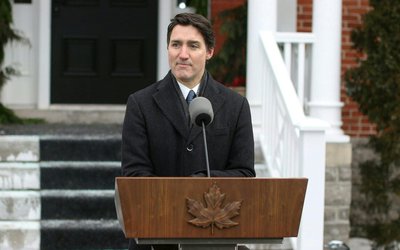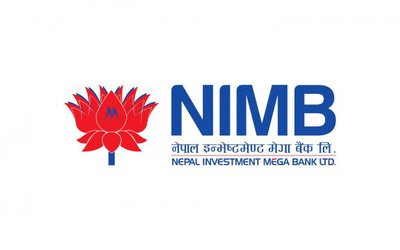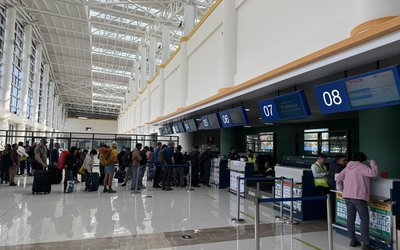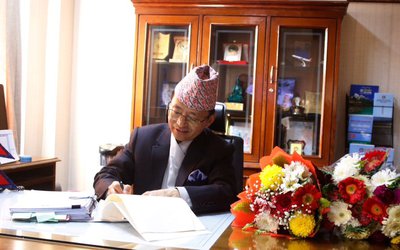
US$1 million humanitarian aid package and an agreement to explore oil and gas resources were among the deals signed during China’s official visit to Nepal this week.
Chinese Vice-Premier Wang Yang’s trip to Kathmandu was intended to boost economic ties with its western neighbour, and came amid an ongoing border clash with India.
One of the deals, signed on Tuesday, was an agreement to undertake a feasibility study to explore natural gas and petroleum resources, Nepal’s foreign ministry said on Tuesday.
“China is ready to help Nepal increase its self-sufficiency on energy,” Wang was quoted by Xinhua as saying.
As well as the aid package, China agreed to provide Nepal with a grant to help it restore border bridges and facilities at Tatopani port – a joint venture development project between the two countries – that were damaged in the earthquake in April 2015.
Nepal voiced its desire for China to open the port, which is on the border between the countries at Tatopani and Zhangmu, at the earliest possible date, according to a press release from its foreign affairs ministry.
Wang, who arrived in Nepal on Monday, described the two countries as “trustworthy friends and partners”. He also noted Kathmandu’s cooperation on the “Belt and Road Initiative”, China’s ambitious plan to develop an infrastructure network across Asia, Europe and Africa.
The visit by the Chinese delegation came amid a tense border stand-off between China and India over disputed territory at the Doklam tri-junction with neighbouring Bhutan, and as both China and India are attempting to boost their links with South Asian nations. Before heading to Kathmandu, Wang attended Pakistan’s Independence Day celebrations and vowed to further push for the development of the China-Pakistan Economic Corridor.
The dispute between China and India has created a dilemma for Nepal, during which it has sought to remain neutral. According to an earlier report by The Times of India, Nepal’s deputy prime minister and foreign minister Krishna Bahadur Mahara said the country “will not take sides”.
Wang Dehua, a professor at the Shanghai Municipal Centre for International Studies, said China and Nepal had many opportunities for cooperation, describing them as “good brothers”.
“China and Nepal do not have many problems,” he said. “As Nepal is a small country, China is very willing to help work with it through the ‘Belt and Road Initiative’, in the hope they can improve their economic cooperation.”
Despite Nepal’s historic ties to India, he said it had consistently been able to maintain a neutral position between the two Asian giants.
Zhang Guihong, a professor of international studies at Fudan University in Shanghai, said the agreements were an important step in China-Nepal relations, which had made rapid progress with 10 cooperative agreements signed last year.
“China is vigorously pushing forward the ‘Belt and Road Initiative’, strengthening its relations with nations along the route, including Nepal,” he said. “These efforts to enhance relations with South Asian nations will also mean more competition between China and India, to gain a more favourable and active position in the conflict.”
Rupak Sapkota, general secretary of the Nepal Institute of Strategic Analyses, said Nepal has been caught in the middle of the conflict but hopes its giant neighbours can reach a peaceful solution.
“The Doklam stand-off has added fuel to their conflicting positions, and its impact on Nepal is inevitable,” he said.
“[But] Nepal believes the shared economic interests and cooperation between China and India have to outweigh geopolitical rivalry, and [they should] avoid confrontation.”
Bhaskar Koirala, director of the Nepal Institute of International and Strategic Studies, said it would be “very easy” for Nepal to be drawn into a military conflict between India and China because of its proximity to both countries.
“Nepal must stand unequivocally neutral to ensure the conflict does not spiral out of control and engulf the wider region,” he said.
South China Morning Post
- NIMB Achieves Accreditation With Green Climate Fund (GCF)
- Jan 10, 2025
- NATIONAL UNITY DAY: Unity Trail
- Jan 10, 2025
- TOURISTS ARRIVAL: Surpass A Million
- Jan 10, 2025
- NATIONAL POLITICS: Looming Instability
- Jan 09, 2025
- FM DR.RANA INDIA VISIT: Strengthening Relations
- Jan 02, 2025














